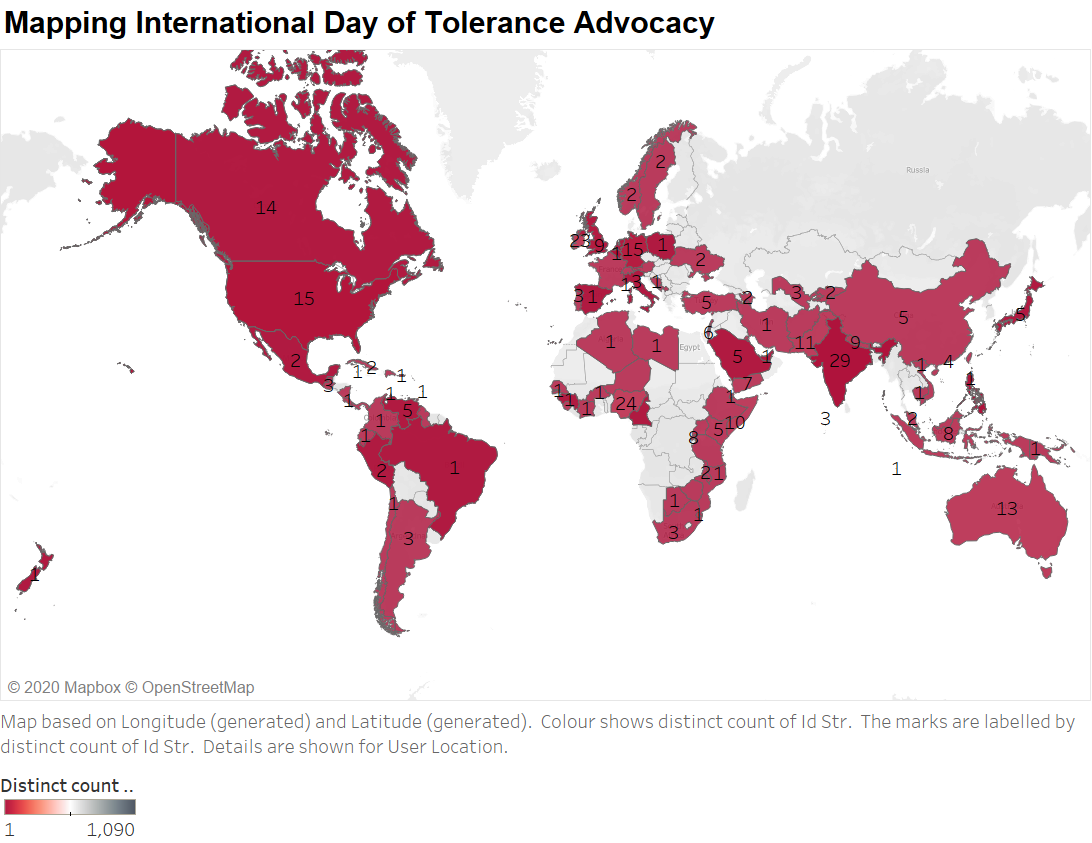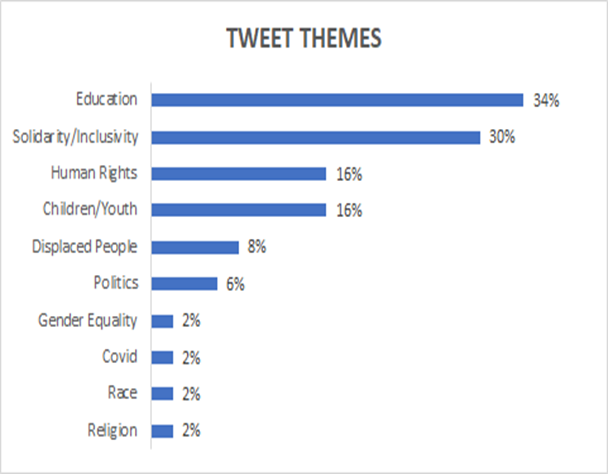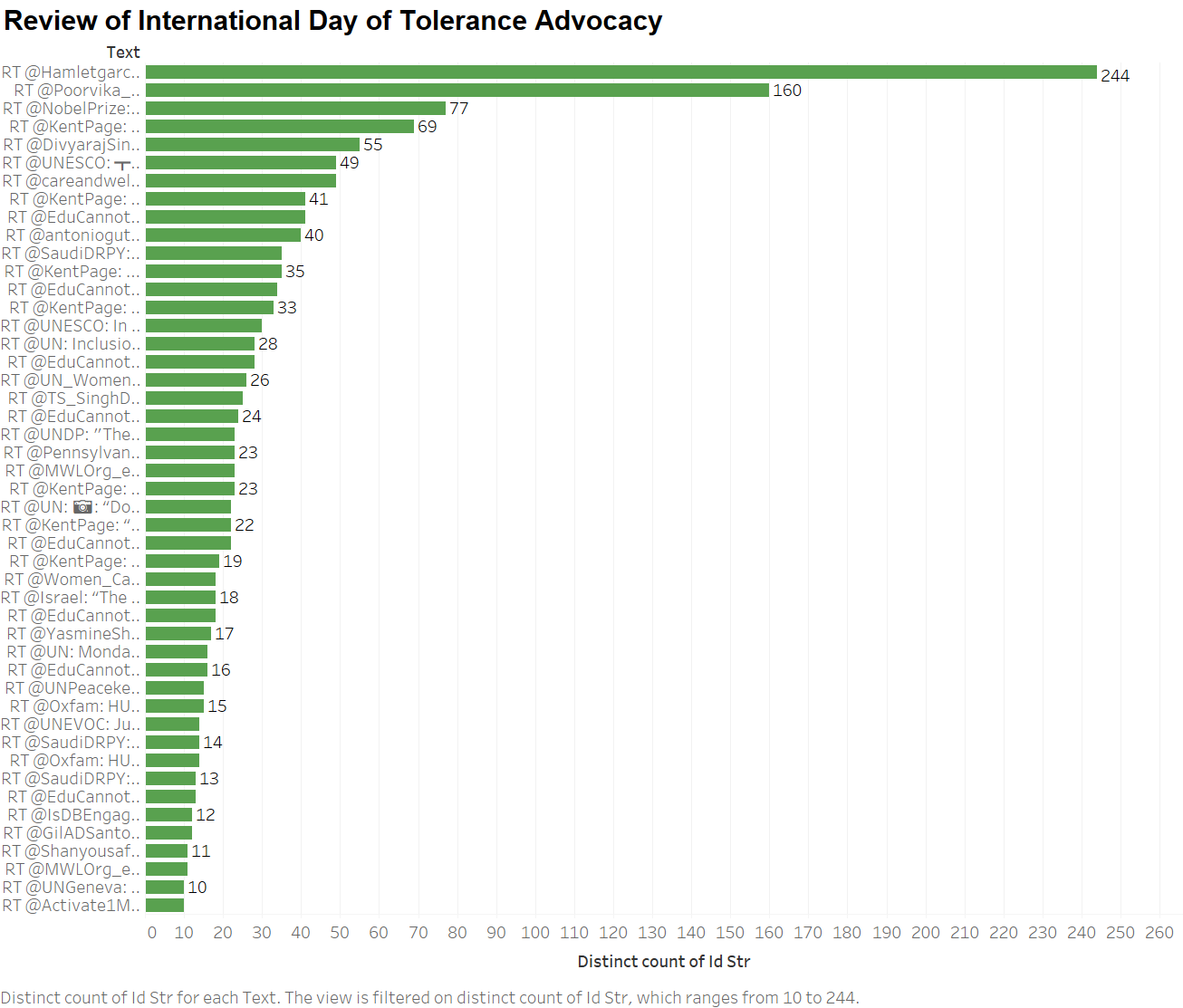


The events of the past two years have given a chance for reflection on what has certainly been an exceptional period by all accounts. Discrimination and global economic inequities have since been defining factors for this decade, aggravated by the pandemic and an incessant disregard of social justice against people of color.
Perhaps this year began with tempered attempts at the hackneyed calls of renewed strength and hopeful resolve that was stitched into every new year’s message. This includes the well-worn records of what is yet to be accomplished sang in the tune of Auld Lang Syne. At the end of November, Oxford Languages 2020 campaign revealed their annual word of the year. Despite stating that this was an Unprecedented Year where one word couldn’t be selected; they did select a few eye-catching aspects particularly on social movements and social media. Among these were The Black Lives Matter (BLM) movement, “Diversity and Inclusion” (D&I), as well as “Black, Indigenous, and Other People Of Colour” (BIPOC), cancel culture, etc.
Many of these aspects attest to trends in unrest and protests against intolerance e.g. as viewed through lenses of systemic racism, political and socio-cultural advocacy against the prevailing dynamics of ostensible intolerance and uncertainty around the world. Relatedly, the world commemorated the International Day for Tolerance 16 November 2020. The day itself and the advocacy scene linked to it has been active and timely to say the least. Particularly coming at a time when all over the world echoes of intolerance have been witnessed from recent events including the U.S elections, extremism and conflicts in multiple regions, protests of the black lives matter movement and all kinds of diversity and inclusion issues, rampant misinformation, disregard for human rights etc. Accordingly, current advocacy has centered on exposing the dangers of intolerance, which is the mission of the international day of tolerance.

Despite being championed by the United Nations, the day itself predated the UN through it has been embraced as a powerful advocacy tool and has varied festivals and conferences around the world that champion its objectives. The day has been part of the UN International days that are a core part of the supra-national institution's advocacy. Overall, according to the UN, these international days linked to the main fields of action of the United Nations, serve to;
Educate the public on issues of concern, to mobilize political will and resources to address global problems, and to celebrate and reinforce achievements of humanity.
Indeed the Declaration of Principles on Tolerance defines Tolerance as respect, acceptance and appreciation of the rich diversity of our world's cultures, our forms of expression and ways of being human. Furthermore, Article 6 of the same declaration establishes the - International Day for Tolerance as well as championing the role of education in article 4. Education for tolerance is thus a key theme and is aimed at countering influences that lead to fear and exclusion of others with young people being specifically targeted in order to develop capacities for independent judgement, critical thinking and ethical reasoning.
Examples of how this has been accomplished stretches into the realm of social media with diversity, tolerance and intolerance in social media workshops being held as part of the actions aimed at educating and mobilizing stakeholder action as well as validating gaps and achievements. More than ever, the above as well as Article 3 on social dimensions and social media emphasizes the need to view social media as a powerful education and advocacy tool against intolerance and not just a place to troll and generate social conflict and intolerance.
Recent data analysis and visualizations produced by Globeprep on social media advocacy during the international day of tolerance shows recurring themes from tweets about the day. These are drawn from the hashtags #ToleranceDay OR #InternationalDayofTolerance where 3906 tweets were gathered between November 6th 2020 and November 17th 2020.
There are caveats based on data quality shared by the users. Examples include those who for various reasons may not disclose their user location or are using VPNs or are in restricted regions. Other additional considerations and limitations include language, and time barriers particularly for regions that did contribute the most. The data was also analyzed to exclude bot’s / A.I based users and tweets and does include data from notable users and influencers who may receive a lot of followership and retweets.
The map below represents the total tweets on the hashtags and their geographical locations. As shown, the majority of tweets originating from India, Nigeria, North America and Australia.

Figure 1 Mapping international Day of Tolerance Advocacy between 6th November 2020 and 17th November 2020
An analysis of recurring themes reveals that most of the tweets fall into either the Education or/and Inclusivity categories. Human Rights appropriately did not fall far behind. Children/Youth was also a common theme, although the data shows that this theme was directly correlated to conversations on Education. A few users also spoke on Displaced Individuals as well as took the opportunity to air out their political grievances. Other details are contained below;

Figure 2 Tweet Themes from International Day of Tolerance Advocacy between 6th November 2020 and 17th November 2020
Figure 3 Below is summary of the top retweets are captured. These were mainly drawn from users from Global/ supranational governance, national governance as well as individual and news responses to their tweets.

Figure 3 Top retweets from International Day of Tolerance Advocacy between 6th November 2020 and 17th November 2020
Excerpts of the top filtered retweets are captured below
"RT @Oxfam: HUGE NEWS: The UN will examine whether a country is harming the rights of children in developing countries through corporate tax policy. For decades we have fought against tax havens because we know they undermine human rights & the right to #education.
· "RT @UNPeacekeeping: The #COVID19 crisis has brought to light the urgent need for solidarity, togetherness and acceptance for diversity.
· We're echoing @UN Secretary-General @antonioguterres's call for a global ceasefire, on #ToleranceDay & beyond. #SilencingtheGuns https://t.co/9cZYGju7h2" 15
· RT @EduCannotWait: #SahelNow: #ECW stands with @AminaJMohammed & @UN in full solidarity with the #Sahel; with partners we are delivering quality education for children/youth caught in emergencies & protracted crises. #SDG4 https://t.co/MuOEIrwkmP 16
· RT @UN: Monday is #ToleranceDay - an opportunity to focus on solidarity, inclusion and helping those in need. https://t.co/r2uXH8IDnh https://t.co/0Jh1v4Xfy3 16
· "RT @PennsylvaniaGov: Today is #InternationalDayofTolerance. Pennsylvania was founded in 1681 as a place of tolerance and freedom. All are welcome here. https://t.co/Fde2k2pzW5" 23
· "RT @UNDP: ""The challenge for each one of you is to take up these ideals of tolerance and respect for others and put them to practical use in your schools, your communities and throughout your lives"" - Nelson Mandela. #ToleranceDay https://t.co/MSLMJHSRUU" 23
· "RT @UNESCO: In a world of diversity, tolerance is a prerequisite for peace. Every day, we must build new bridges of tolerance, trust & understanding. Today is International Day for Tolerance https://t.co/flKKMBl23o #ToleranceDay https://t.co/V42OfqbSEY" 30
· "RT @EduCannotWait: “Education Cannot Wait is an example of how the United Nations system delivers quality with speed to advance #SDG4 leveraging the best from across the UN family. Now is the time to take our work to the next level."" @AminaJMohammed @UN. https://t.co/AeaB3Dus93" 34
The trends above speak to the growing branches of tolerance advocacy and perhaps with this the hope for increased tolerance not least during the international day of tolerance but in the new decade as well. It hopefully speaks of a recognition and return to what makes us human and the beauty that can be found in the diverse tapestry of our world. This includes the awareness, respect, appreciation of cultural expressions and acceptance that are the roots of tolerance. It excludes the hiding from what is different, or injustice against someone else, as this doesn’t produce the peace we or our leaders may long for.
In conclusion, in the midst of all these trends, in these unprecedented times, as we prepare for a new year, perhaps we can all find solace in these developments and the words found in The Tao of Development, An interpretation of the Tao Te Ching of Lao-Tzu.
Everything in the world eventually returns to its roots.
To return to your roots is to find peace,
to find peace is to know that everything is working itself out,
to know that everything is working itself out is to recognise the eternal cycle,
to recognise the eternal cycle is to achieve insight.
Not recognising the eternal cycle leads to acts of injustice.
The person who has insight into the way things develop is tolerant,
the tolerant person is fair,
the fair person has the quality of leadership,
and, being in tune with the way things develop,
endures and is never exhausted.
By Andrew Amayo and Eva Chemng’orem
{K2Splitter}


Follow us
@globeprep
info@globeprep.com
www.globeprep.com